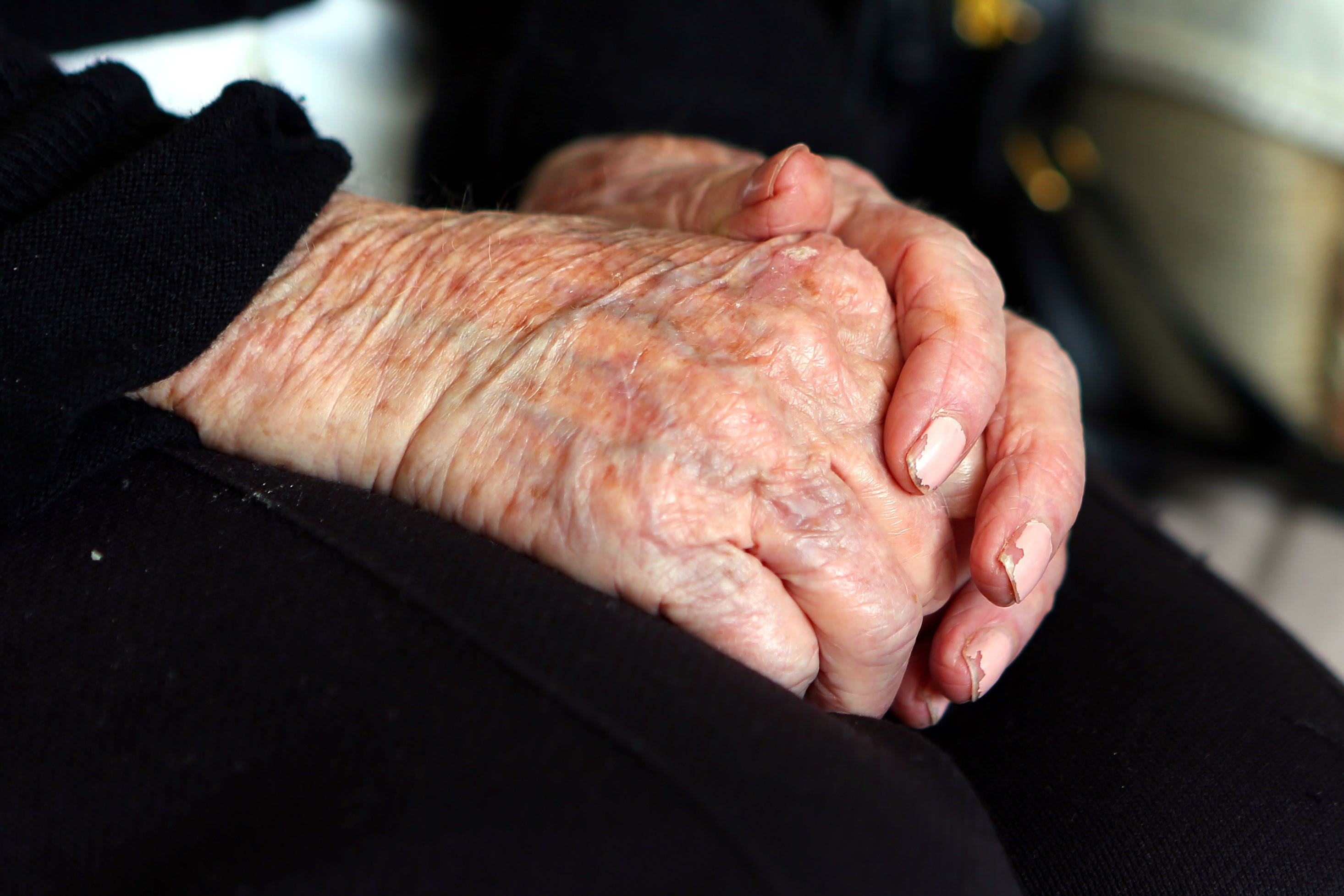Joint injections for hand arthritis ‘ineffective’, study suggests
The research team also said the effectiveness of some topical creams was ‘uncertain’.

Your support helps us to tell the story
From reproductive rights to climate change to Big Tech, The Independent is on the ground when the story is developing. Whether it's investigating the financials of Elon Musk's pro-Trump PAC or producing our latest documentary, 'The A Word', which shines a light on the American women fighting for reproductive rights, we know how important it is to parse out the facts from the messaging.
At such a critical moment in US history, we need reporters on the ground. Your donation allows us to keep sending journalists to speak to both sides of the story.
The Independent is trusted by Americans across the entire political spectrum. And unlike many other quality news outlets, we choose not to lock Americans out of our reporting and analysis with paywalls. We believe quality journalism should be available to everyone, paid for by those who can afford it.
Your support makes all the difference.Injections that are sometimes offered to relieve the symptoms of arthritis in the hands are “ineffective”, with researchers calling for a review of recommendations around the treatments.
The analysis also found the effectiveness of some topical creams to be “uncertain”, although painkillers and steroid pills do work.
The hands are the most common area to be affected by arthritis.
Treatments to ease the symptoms can include anti-inflammatory drugs, steroids, ointments or injections straight into the joint.
The study by a team in Denmark explored research databases, finding 72 trials involving a total of 7,609 patients with 29 treatments provided over an average period of three months.
Of the total, 60 trials, comprising 5,246 patients, looked specifically at pain and were included by researchers in a pooled data analysis.
The results showed that non-steroidal anti-inflammatories (NSAIDs) and steroid tablets performed better than placebos.
However, the effectiveness of topical creams and gels was not clear.
Joint injections such as hyaluronate or steroids, as well as hydroxychloroquine tablets, were “no better than placebo”, researchers said.
An estimated 10 million people in the UK have arthritis.
These findings raise questions about the evidence supporting the current treatment recommendation for intraarticular therapies and emphasise the need for future large-scale trials with rigorous methodology to establish the efficacy of promising interventions such as topical NSAIDs
In England, the National Institute for Health and Care Excellence (Nice) does not recommend the use of intraarticular hyaluronate, or hyaluronic acid jabs, to treat arthritis on the NHS.
However, they can still be legally prescribed by some doctors, according to the charity Versus Arthritis.
NHS patients can be prescribed intraarticular glucocorticoids, which include hydrocortisone, triamcinolone and methylprednisolone and hydroxychloroquine, sold under the brand name Quinoric.
Researchers said their findings – published in RMD Open – “echo those of previous pooled data analyses” but “contradict the recommendations of existing clinical guidelines”.
The team added: “These findings raise questions about the evidence supporting the current treatment recommendation for intraarticular therapies and emphasise the need for future large-scale trials with a rigorous methodology to establish the efficacy of promising interventions such as topical NSAIDs.”